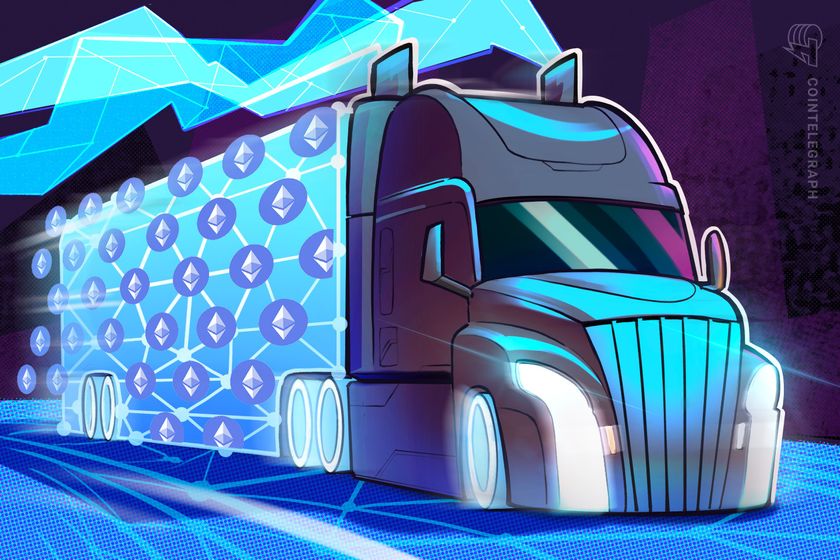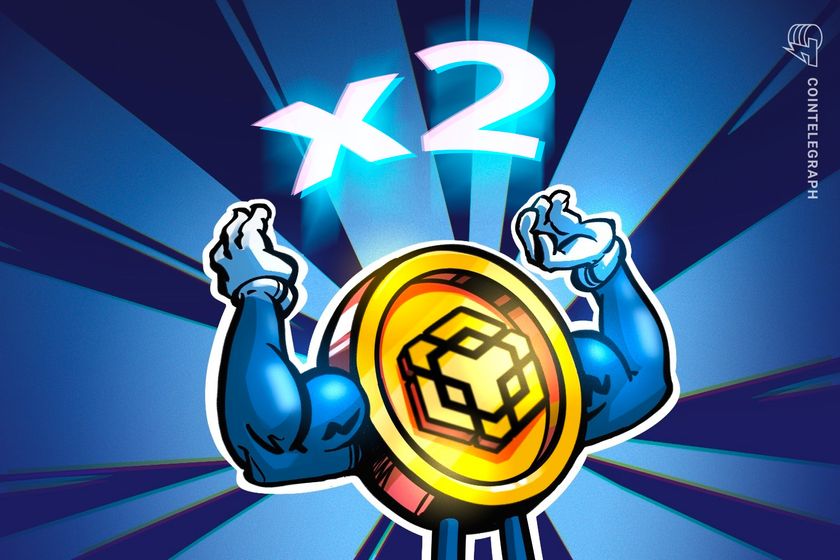Frictionless flows are Ethereum's path to economic dominance
Prominent thinkers in the Ethereum space have proposed taxing Layer-2s to reclaim value for the mainnet. However, this approach could fragment the ecosystem, drain liquidity, and push users toward centralized platforms. Liquidity fragmentation poses a significant threat to Ethereum, as delays in withdrawals and limited cross-rollup liquidity hinder adoption and capital utilization. Developers face challenges in either focusing on one rollup or spreading liquidity thinly across multiple options. Solutions that remove friction will attract more capital and enhance user experience. Capital movement should be abstracted from users, with protocols managing liquidity coordination. Future DeFi protocols will compete on liquidity access rather than fees. Innovations like Ethereum-native rollups and zk-rollups aim to improve integration and efficiency. Tariffing rollups may achieve short-term goals but could weaken Ethereum's network in the long run. The future of Ethereum relies on enabling seamless capital movement within its ecosystem rather than imposing taxes on rollups.











